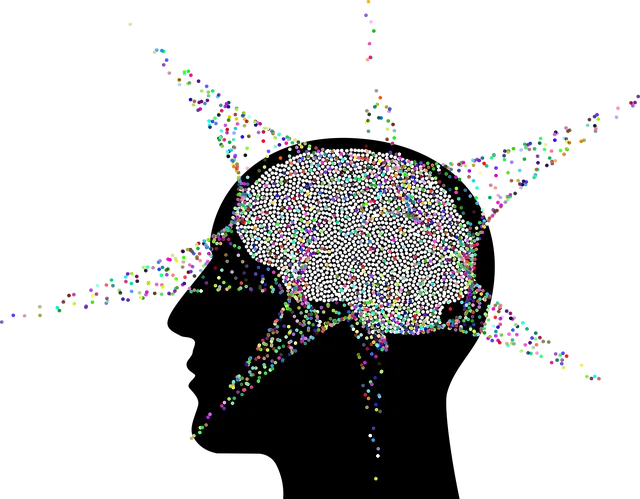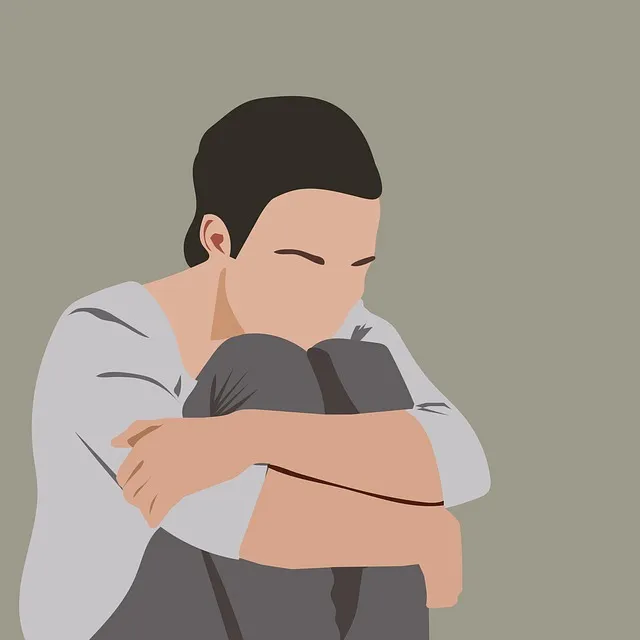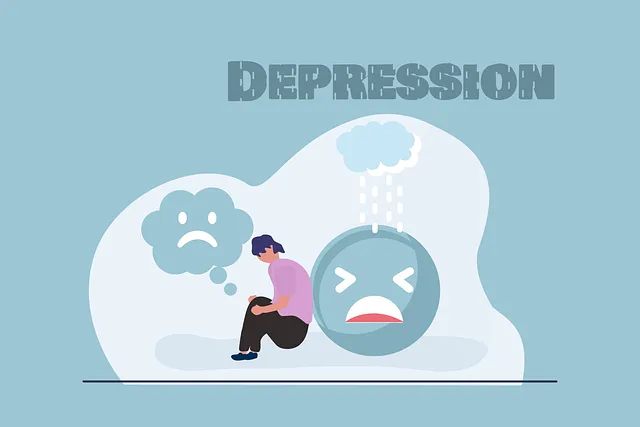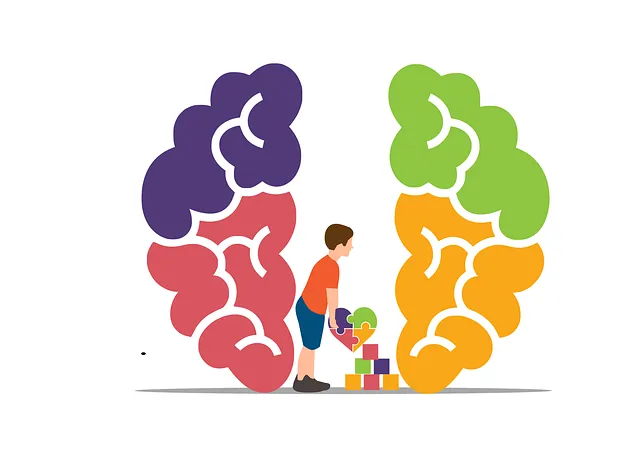Wheat Ridge Kaiser Permanente enhances patient mental well-being through dedicated Crisis Intervention Teams (CITS) comprising psychologists, social workers, and nurses with specialized training in evidence-based practices. Comprehensive training programs equip these teams to handle high-pressure mental health crises, reduce stigma, and promote a supportive culture within the healthcare setting. This proactive approach to mental health care ensures tailored support for each patient's unique needs, fostering recovery and improving both patient and caregiver outcomes.
“Wheat Ridge Kaiser Permanente has been at the forefront of integrating crisis intervention teams (CITs) into their mental health support system, demonstrating a vital resource for managing critical situations. This article explores the significance of comprehensive training programs for CITs, focusing on Wheat Ridge’s innovative approach. By delving into the key components and benefits of their training, we uncover how such initiatives empower caregivers to effectively respond to mental health crises at Wheat Ridge Kaiser Permanente and beyond.”
- Understanding Crisis Intervention Teams: A Vital Resource for Mental Health Support at Wheat Ridge Kaiser Permanente
- The Importance of Comprehensive Training Programs for Effective Crisis Response
- Key Components and Benefits of Crisis Intervention Team Training: Empowering Caregivers at Wheat Ridge Kaiser Permanente
Understanding Crisis Intervention Teams: A Vital Resource for Mental Health Support at Wheat Ridge Kaiser Permanente

At Wheat Ridge Kaiser Permanente, Crisis Intervention Teams (CITS) serve as a vital resource for providing mental health support to patients and community members facing severe emotional distress or crisis situations. These teams are comprised of healthcare professionals, including psychologists, social workers, and nurses, who undergo specialized training to recognize and respond to various mental health crises effectively. By integrating CITS into the healthcare infrastructure, Wheat Ridge Kaiser Permanente ensures a proactive approach to addressing acute mental health needs.
Through their work, CIT members employ evidence-based practices such as stress reduction methods, positive thinking techniques, and compassion cultivation practices to stabilize individuals experiencing psychiatric emergencies. This holistic and empathetic response not only helps to de-escalate high-stress situations but also fosters a culture of care and recovery within the healthcare setting. By leveraging the expertise of CITS, Wheat Ridge Kaiser Permanente enhances its ability to offer comprehensive mental health services tailored to the unique needs of each patient.
The Importance of Comprehensive Training Programs for Effective Crisis Response

Comprehensive training programs are essential for crisis intervention teams aiming to deliver effective responses. These programs play a pivotal role in equipping individuals with the necessary skills and knowledge to navigate high-pressure situations, such as mental health crises at Wheat Ridge Kaiser Permanente. Through rigorous training, team members gain a deeper understanding of various mental health conditions, allowing them to provide tailored support and de-escalate potentially volatile scenarios.
The development of these programs emphasizes the importance of fostering a culture of Mental Health Awareness within healthcare settings. By investing in Confidence Boosting strategies and Mental Wellness Coaching, teams can enhance their overall capabilities. This enables them to offer compassionate and professional assistance, ultimately improving patient outcomes and ensuring the well-being of both patients and caregivers during challenging times.
Key Components and Benefits of Crisis Intervention Team Training: Empowering Caregivers at Wheat Ridge Kaiser Permanente

At Wheat Ridge Kaiser Permanente, Crisis Intervention Team (CIT) training programs are designed to empower caregivers by equipping them with essential skills to navigate mental health crises effectively. These programs focus on key components such as crisis assessment, de-escalation techniques, and communication strategies, ensuring that team members can provide compassionate and competent care.
The benefits of CIT training extend beyond improved individual capabilities. By fostering a culture of support and understanding within the healthcare setting, these initiatives contribute to mental illness stigma reduction efforts. Furthermore, they promote inner strength development among caregivers, enabling them to handle challenging situations with resilience. In light of these efforts, mental health policy analysis and advocacy also gain momentum, driving systemic improvements in care delivery for individuals facing mental health challenges.
Crisis intervention team (CIT) training programs are a game-changer in providing effective mental health support, as demonstrated by Wheat Ridge Kaiser Permanente’s successful implementation. By equipping caregivers with comprehensive skills and knowledge, these programs empower them to navigate crises and foster healing environments. In the world of mental healthcare, such training is essential for ensuring timely and compassionate responses to individuals in distress, ultimately enhancing the overall well-being of the community at Wheat Ridge Kaiser Permanente and beyond.






